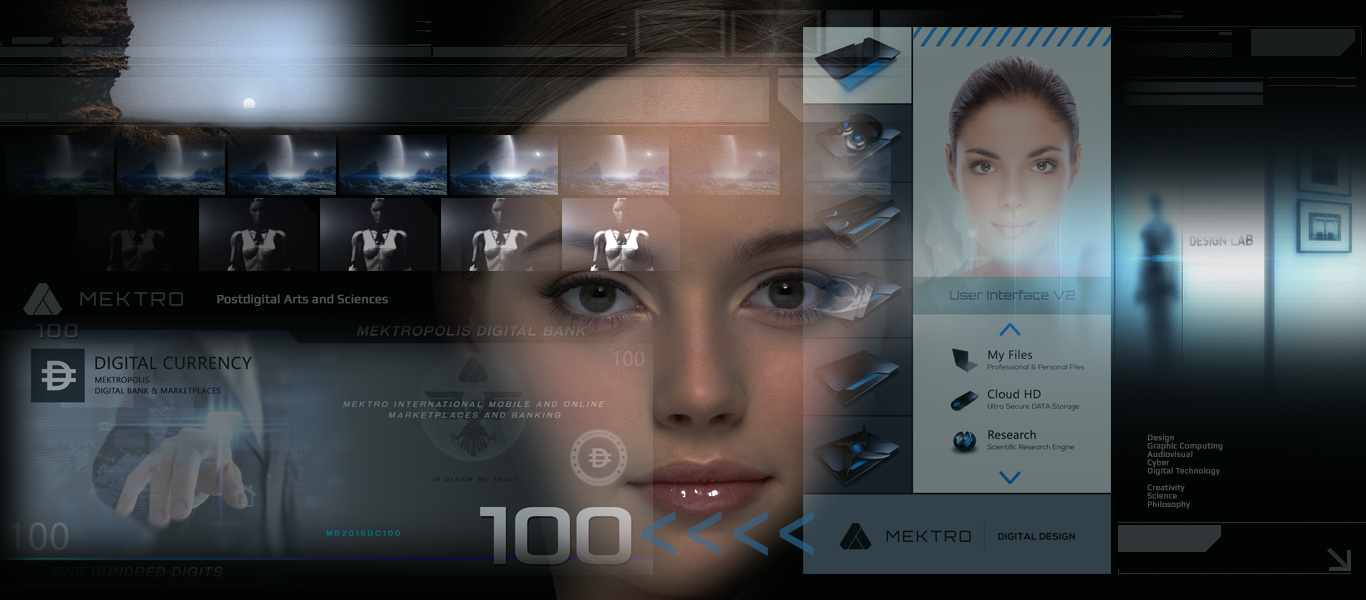
ARKANGEL 1.0
PROJECT ARKANGEL
Project Arkangel began as an ambitious endeavor to explore the potential of emerging AI technologies in designing and managing decentralized websites. In its early stages, the project tested the newly released GPT-3.5 and generative art models with the goal of using AI to autonomously design the project itself. This included generating all text and visual content, offering insights into the profound capabilities of AI in creative and scientific domains. The AI not only provided content but also suggested using an NFT domain, leading to the selection of arkangel.blockchain as the project's digital identity.
The AI's recommendations extended beyond content creation. It proposed an HTML-based website construction method and the use of InterPlanetary File System (IPFS) for storing the site. Implementing these suggestions demonstrated the feasibility and advantages of decentralized web technologies. IPFS, in particular, ensured that the website could be distributed across multiple nodes, enhancing its resilience and accessibility. This approach contrasted sharply with traditional centralized web hosting, highlighting a significant shift in how information and data can be managed and stored.
Through the implementation of these technologies, Project Arkangel provided deep insights into the radical transformations occurring in information, data, and content management and creation. The integration of AI for design and content generation, coupled with decentralized storage solutions like IPFS, showcased a new paradigm in website development and management. This experiment revealed the potential for more resilient, efficient, and secure methods of handling digital information, revealing a new and interesting paradigm in communication technologies.
The success of Project Arkangel underscored the evolution from old centralized global social networks to advanced interplanetary decentralized and distributed socioeconomic networks. It became evident that these new technologies could revolutionize how we interact with information and communication systems. By leveraging AI and decentralized web technologies, Project Arkangel set a precedent for future developments, paving the way for a new era of interconnected, resilient, and equitable digital ecosystems that could extend beyond Earth and into the broader cosmos.

ARKANGEL 2.0
INTERPLANETARY COMMUNICATION
Our venture into interplanetary life compels us to rethink how humans share information, ideas, and experiences. Communication must no longer be constrained by terrestrial concerns; it must evolve to handle data streams across vast distances, bridging scientists, educators, and the public in near real-time. This marks a new chapter for Project Arkangel, in which we take lessons from our first experiment with emergent AI and decentralized web design, then set our sights on new horizons beyond Earth. At its core, this effort seeks to maintain the personal touch of human connection while scaling up to an infrastructure capable of carrying humanity’s collective knowledge across interplanetary space.
One of the greatest promises of interplanetary communication lies in its capacity for real-time collaboration and data processing. No longer will planetary geologists on Earth struggle with delay when analyzing surface data from Mars; instead, new protocols—built atop systems like Ethereum, IPFS, and evolving AI ecosystems—will enable instantaneous exchanges of findings, fostering breakthroughs in our understanding of cosmic phenomena. Particle physicists, content creators, medical researchers, and education specialists will also tap into these same networks to share discoveries, refine experiments, and make learning interactive across planetary boundaries. The old silos of disciplinary focus will dissolve as data and insights move quickly and securely, energizing progress and fueling a shared sense of wonder.
Underneath the hopeful vision, there is realism. These technologies demand robust planning: latency issues will remain significant as signals travel farther, hardware infrastructure must survive radiation and extreme temperatures, and software must adapt to cosmic-scale errors. AI plays a vital role here, not just as a tool for crunching massive data sets, but also as an adaptive guardian of network integrity, ensuring data consistency and providing insights on system health. Project Arkangel aims to prototype these concepts by crafting architecture that weaves together blockchain reliability, distributed file storage, and machine learning, gradually building the scaffolding needed to support interplanetary exchange.
We acknowledge that this path will require enormous effort—from the hardware engineers designing next-generation satellites to the protocol developers refining consensus mechanisms that thrive even at astronomical distances. Yet the foundation we lay now will form a social evolution as much as a technical one. By thinking and designing prototypes today, we are forging the habits, norms, and standards of an interplanetary society. Project Arkangel is our declaration that while we may still be Earth-bound in many ways, our communications will not be limited by planetary borders for much longer.

ARKANGEL 3.0
DOWN TO EARTH
Traditional internet protocols like HTTP connect data, content, users, and devices across the globe using a centralized model. Data is stored on specific servers and accessed via URLs, but this system has limitations, such as single points of failure, slow data retrieval, and scaling issues. Additionally, centralized storage raises privacy concerns and risks of data breaches and misuse, giving users only an illusion of ownership over their data.
Project Arkangel represents a significant shift in how we create, store, manage, and monetize data, information, and content, as well as web applications, websites, digital environments, and advanced systems. By integrating the InterPlanetary File System (IPFS), AI ecosystems, and blockchains like Ethereum and Polygon, Arkangel creates a decentralized network where data is stored across multiple nodes. This shift ensures faster, more resilient data retrieval through IPFS, while blockchain technology guarantees data integrity and security. AI components generate highly detailed and personalized content, making the system not just more efficient but also smarter and more responsive to user needs.
This transformation from centralized data storage to distributed file storage marks a major leap forward. IPFS distributes data globally, improving availability and reducing costs associated with central servers. Ethereum and Polygon add transparency and security to data transactions, transforming abstract digital assets into tangible properties with real value. AI integration within Arkangel allows for the creation of content tailored specifically to user preferences, meeting the growing demand for scalable and efficient data solutions in the era of big data and IoT.
Project Arkangel also emphasizes true user ownership and control over data. Decentralized storage means users are no longer dependent on single service providers, reducing the risk of data loss or censorship. This aligns with the Web3 vision of a fairer internet where users have genuine autonomy. By combining IPFS, blockchain, and AI, Arkangel fosters a collaborative and innovative environment, pioneering a shift towards a resilient, efficient, and truly user-centric internet, expanding connectivity from our planet to the entire solar system.

ARKANGEL 4.0
SOCIOECONOMIC NETWORK
The Arkangel Project represents a shift from traditional, highly centralized social networks to decentralized socioeconomic networks. In traditional social networks, channels, pages, and profiles of content creators are hosted on centralized servers, offering only an illusion of data ownership. These platforms control the storage, access, and monetization of user-generated content, subject to censorship and strict terms of use.
In contrast, the Arkangel Project uses blockchain technology to decentralize data storage and management. Content creators can store their personal information, data, and content on a distributed ledger, ensuring true ownership and control. This decentralized approach reduces reliance on a single entity, making the network more resistant to censorship and restrictive policies. Smart contracts further enable creators to manage their own content distribution and monetization, automating processes without needing intermediaries.
The use of distributed file storage systems in the Arkangel Project ensures that data is not held in a single location but spread across multiple nodes. This method enhances data security, privacy, and accessibility. Users maintain control over their content, and the decentralized storage reduces the risk of data loss or unauthorized access. This approach supports a resilient network where creators have full ownership and control over their digital assets.
The Arkangel Project also fosters a new socioeconomic environment where creators can directly benefit from their contributions. By leveraging advanced cryptography and network technologies, the project enables secure data transactions and new forms of data monetization. Creators can earn from their content without intermediary platforms taking a significant share, promoting a fairer and more transparent digital economy. This evolution signifies a move towards more user-centric and equitable digital ecosystems.

ARKANGEL 5.0
INTERPLANETARY FILE SYSTEM
The term "InterPlanetary" in IPFS highlights its ambition to create a robust and scalable data storage system capable of functioning across vast distances, including potential future interplanetary communication. Traditional internet protocols rely on centralized servers, which can be vulnerable to failures and censorship. In contrast, IPFS’s decentralized nature allows data to be accessed from multiple nodes, making it more resilient to network disruptions and ensuring data availability even if some nodes go offline.
The InterPlanetary File System (IPFS) is a protocol and peer-to-peer network designed to create a distributed and decentralized method of storing and sharing data. Unlike traditional centralized systems where data is stored on dedicated servers, IPFS distributes data across a network of nodes. This structure enhances data integrity, accessibility, and resilience.
IPFS operates by breaking down files into smaller chunks, each identified by a unique cryptographic hash. These chunks are distributed across multiple nodes, ensuring redundancy and facilitating efficient data retrieval. When a file is requested, the IPFS network locates the necessary chunks by their hashes and reassembles the file. This method reduces duplication and optimizes bandwidth usage.
IPFS also enhances data security and privacy. Each file chunk is hashed and linked, creating a verifiable chain of data. Users can be confident in the authenticity and integrity of the data they retrieve. Additionally, IPFS supports content addressing rather than location addressing, meaning data is accessed based on its content rather than its storage location. This approach aligns with the principles of a more open, secure, and resilient web, capable of extending beyond Earth’s boundaries to support future interplanetary communications and data exchanges.

